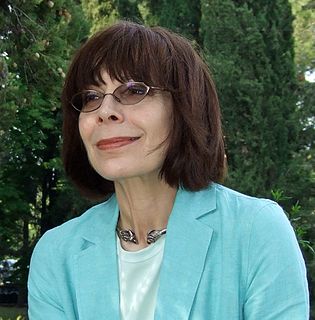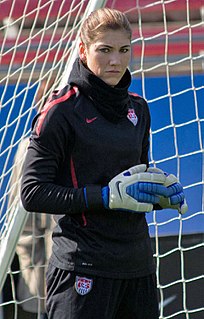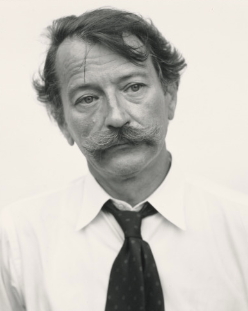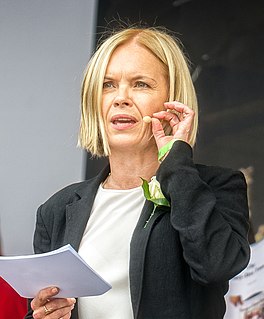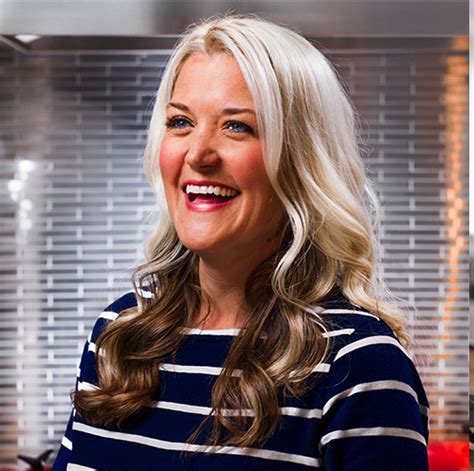A Quote by KT Tunstall
I believe that the Universe is like a single organism, and we are all little nerve endings feeding our experiences back into a whole.
Related Quotes
I am a hopeless materialist. I see the soul as nothing else than the sim of activities of the organism plus personal habits - plus inherited habits, memories, experiences, of the organism. I believe that when I am dead, I am dead. I believe that with my death I am just as much obliterated as the last mosquito you and I squashed.
Now, almost one hundred years later, it is difficult to fully appreciate how much our picture of the universe has changed in the span of a single human lifetime. As far as the scientific community in 1917 was concerned, the universe was static and eternal, and consisted of a one single galaxy, our Milky Way, surrounded by vast, infinite, dark, and empty space. This is, after all, what you would guess by looking up at the night sky with your eyes, or with a small telescope, and at the time there was little reason to suspect otherwise.
I feel like real thoughts and emotions involve the whole being. And they also outstrip little personal quirks, and they outstrip biography. You end up on a really special, universal, shared terrain in those experiences. I think it's available to absolutely every single thing made of flesh and blood.







